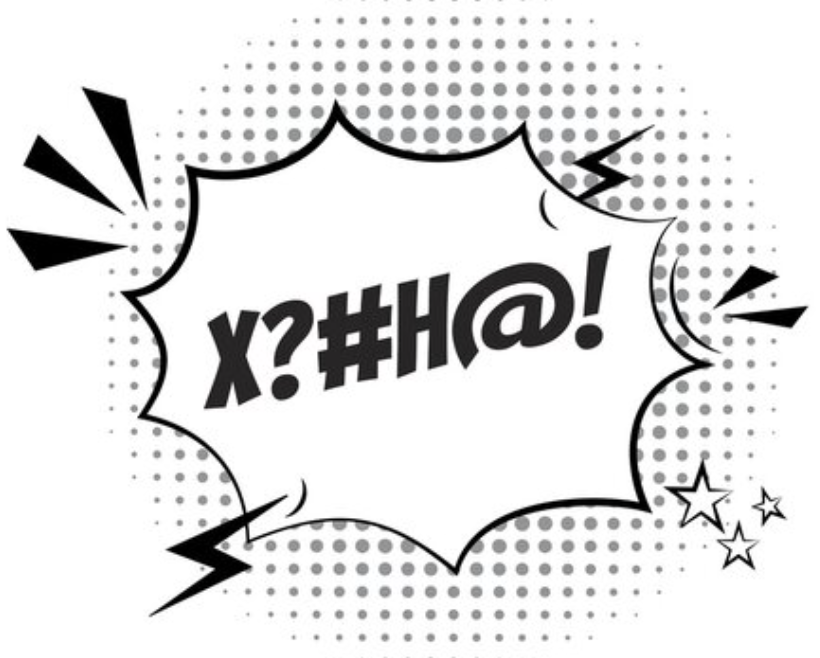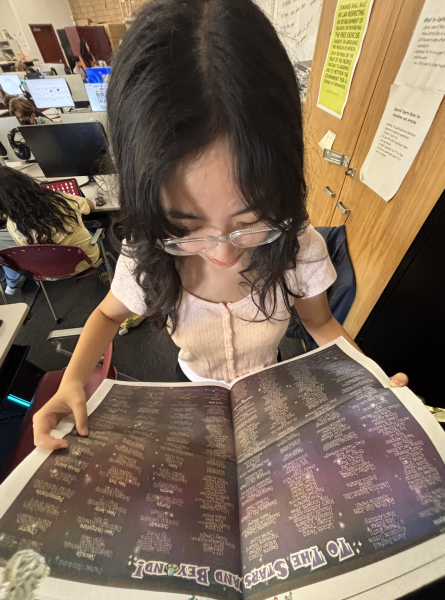“Oil up”, “Acoustic”, the “n-word”. If you have opened up a TikTok or Instagram comment section within the past few weeks, you would notice the constant stream of obscenities dominating the comments on seemingly innocent videos. For example, a video on TikTok showed an old lady outraged at a comment that said “Day 19 of asking grandma to oil up”. She stated that it was inappropriate and a personal insult: she felt targeted. Videos such as these prove that fun internet jokes have crossed the line, and literal insults are becoming the new standard of “humor” in social media comment sections. This sets the wrong precedence for what is socially acceptable for teens and children to say in everyday conversations.
The largest concern in this endless stream of obscene jokes and insults is that children are being exposed to it. Statista finds in 2022, “68 percent of pre-teens were using social media applications. 47 percent of respondents aged 11 to 12 years were using TikTok.” The problem is the lack of parental control and oversight in the comment section specifically. The proof? Just go to any middle school or even elementary school. You will hear slurs, inappropriate slang, and jokes about sexual activities. This is a sign that social media is normalizing inappropriate behavior. In no world should we be endorsing phrases like “oil up,” calling autistic people “acoustic,” and calling people the n-word instead of their names – especially for kids.
Another concern about current social media obscenity is the lack of sensitivity for words that have historically horrific origins. Recently, people on Instagram and TikTok comment sections have taken a particular liking to the n-words and have made “spin-offs.” For example, a video of a young kid dancing had comments such as “not bad lil [n-word],” and a video of an Asian woman advocating for body positivity had comments such as “shut up ch*gga no one cares.” This is problematic. A UN article titled “Freedom of speech is not freedom to spread racial hatred on social media: UN experts” states, “The use of the hateful and racist ‘N’ word on the [social media] platform increased by almost 500 percent.” Additionally, another manifestation of this insensitivity is the n-word pass. Treating a word that represents hundreds of years of African American oppression as an object that can just be passed around and bragged about is immoral. The result is the normalization and wide usage of hateful speech, which could result in increased verbal abuse of minority groups in real life.
Comment sections have blurred the line between “I’m just joking!” and rude, insensitive insults. To stop the normalization of inappropriate phrases and hurtful slang, we must redraw the line. This line could be drawn through higher standards of regulation and moderation on high-risk social media sites such as Instagram and TikTok, or heightened parental controls that eliminate all inappropriate phrases from comment sections for pre-teen or younger viewers. It is time for social media to close the floodgates to the constant stream of obscenities and open the gates to a world of inclusion and safety.






